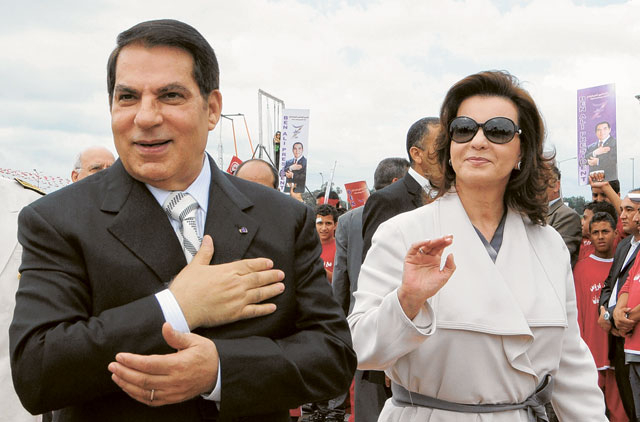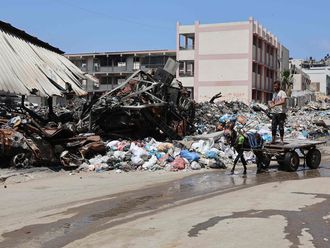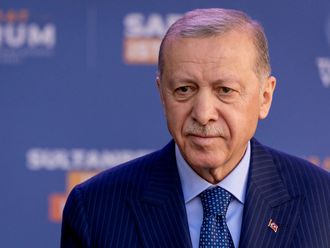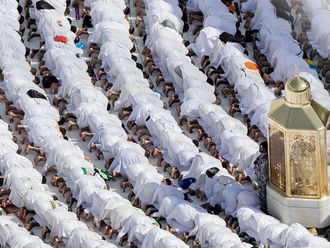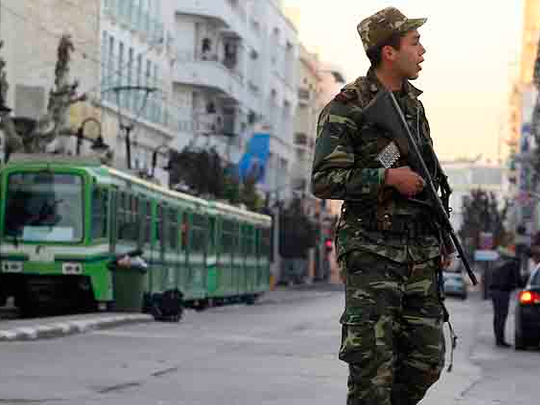
Riyadh: Saudi Arabia confirmed the arrival of Tunisia's former president Zine Al Abidine Bin Ali and his family in the kingdom on saturday morning.
A statement by the royal court carried by the official Saudi Press Agency (SPA) did not say how long Bin Ali and his family will remain in the kingdom. It noted that the kingdom's welcome to Bin Ali was based on appreciation of the "exceptional circumstances" Tunisia is going through.
Not interference
"The government of the kingdom of Saudi Arabia announced that it stands fully by the Tunisian people, wishing, by God's will, its people will stand solid to overcome this difficult phase in its history," the statement said.
Timeline: Tunisia since independence
World leaders toppled in the last 50 years
In pictures: Unrest in Tunisia
Meanwhile, Saudi political analysts have described the kingdom's hosting of Bin Ali and his family as aimed at helping the Tunisian people, who are outraged by his regime.
They added that the gesture will enable the Tunisians to overcome the current difficult circumstances and unify.
They emphasised that the kingdom's gesture is not interference in Tunisia's internal affairs.
They told Gulf News Saudi Arabia's hosting of Bin Ali did not give him the right to engage in politics from Saudi territory.
The hosting also does not signify Saudi Arabia's support for the regime of Bin Ali and does not indicate that Saudi Arabia is planning to mediate his return to power.
Dr Muneef Al Qahtani, a Saudi political researcher, said Saudi Arabia always stands by the Arab and Muslim people during hard and happy times. He added that the kingdom had seen that Bin Ali's exit from Tunisia might avert more bloodshed.
He said Saudi Arabia had in the past hosted other leaders. He added the leaders allowed to stay in the kingdom would have no right to get involved in political activities.
He said the Tunisian people have been inspired by the poet Abul Qasim Al Shabi of the French colonial era, who wrote about the will of the people and its victory regardless of the obstacles.
Popular uprising
"What happened in Tunisia is a popular uprising of people who were outraged over poor living conditions, high unemployment, corruption and repression," he said.
The death of Mohammad Buazizi, an unemployed college graduate, who torched himself last month after police confiscated his fruit cart, was the spark for the rallies, he pointed out.
Ali Abdul Rahman Al Attiyah, Saudi political analyst, said there are diplomatic norms adopted by several countries including Saudi Arabia to host former leaders. He cited, for instance, the hosting of the dethroned Shah of Iran and former Sudanese president Jaaffar Numairi by Egypt.


